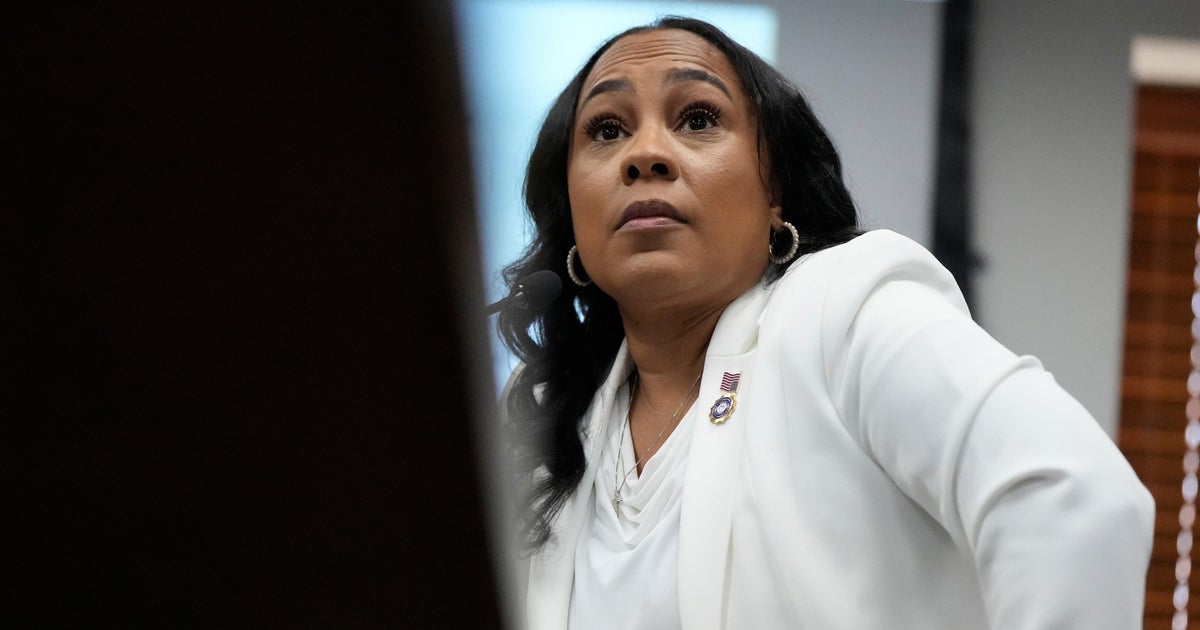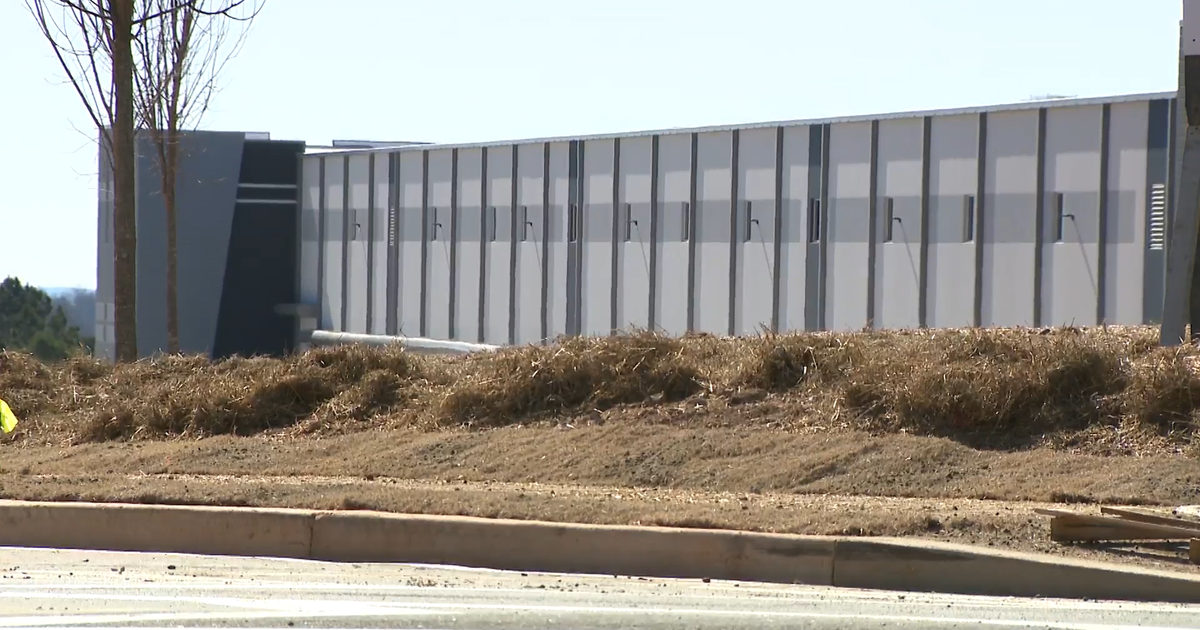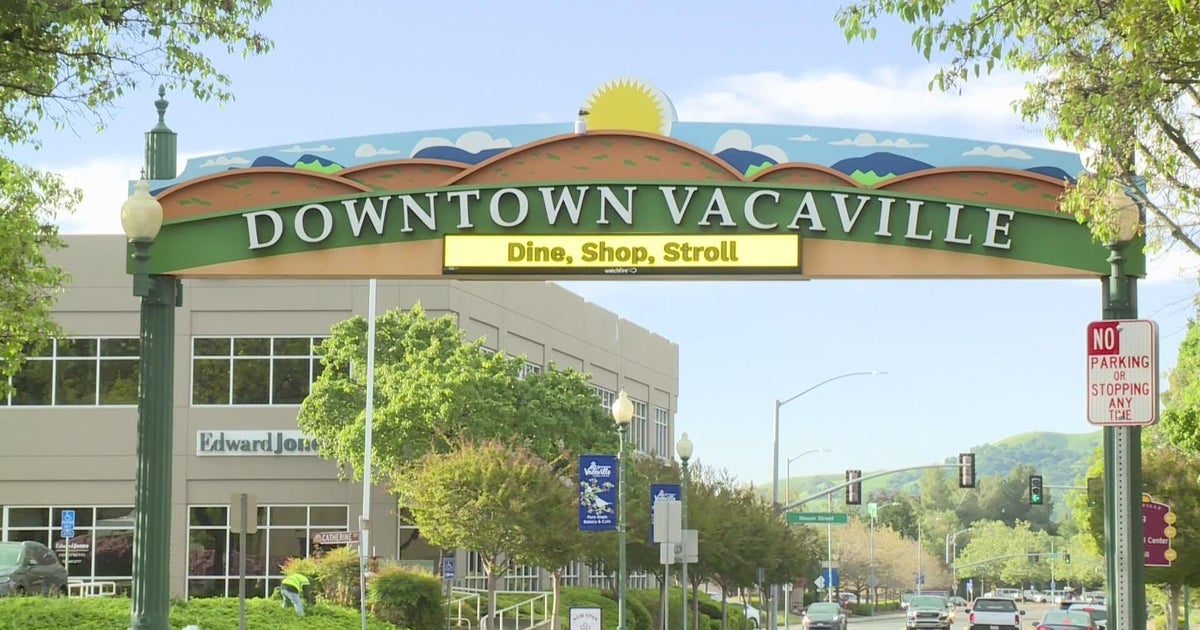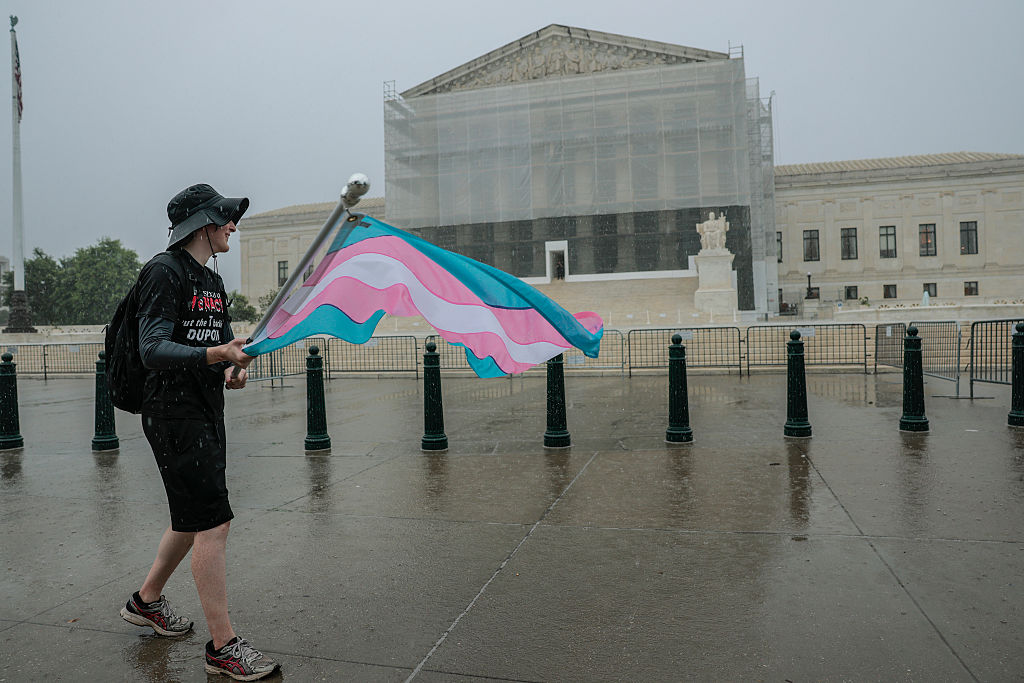Supreme Court turns away challenges to buffer zones outside abortion clinics
Washington — The Supreme Court on Thursday declined to consider a pair of disputes involving abortion restrictions in Chicago and Pennsylvania, leaving intact laws that create buffer zones outside of abortion clinics.
The first case rejected by the high court involves an ordinance in Chicago that makes it illegal for a person within a 50-feet radius from an abortion clinic to come within eight feet of another person "for the purpose of passing a leaflet or handbill, displaying a sign to, or engaging in oral protest, education or counseling."
The challenge to the Chicago law was brought by four people and two anti-abortion rights groups that engage in sidewalk counseling outside of abortion clinics and argue the ordinance violates the First Amendment.
But a federal district court and the 7th U.S. Circuit Court of Appeals allowed the ordinance to stand, citing a 2000 Supreme Court decision upholding a similar law in Colorado.
Justice Clarence Thomas said he would have granted the request to hear the case.
The second dispute involves an ordinance enacted in the city of Harrisburg, Pennsylvania, that makes it unlawful for a person to "knowingly congregate, patrol, picket or demonstrate in a zone extending 20 feet from any portion of an entrance to, exit from, or driveway of a health care facility."
As in the case out of Chicago, a group of citizens who engage in sidewalk counseling challenged the law and sought to block enforcement on the grounds the buffer zone violated their First Amendment rights.
The federal district court denied their request to block the law, and the 3rd U.S. Circuit Court of Appeals affirmed the decision.
The Supreme Court's refusal to take up the two legal battles over the abortion restrictions follows its 5-4 ruling Monday striking down a Louisiana law that required abortion providers to have admitting privileges at nearby hospitals.
Chief Justice John Roberts joined the liberal wing of the bench in invalidating the Louisiana law, citing a 2016 Supreme Court decision striking down a nearly-identical Texas regulation.
The legal battle over the Louisiana abortion restriction was the first involving abortion rights to come before the Supreme Court's new 5-4 conservative majority, which was cemented with the additions of Justices Neil Gorsuch and Brett Kavanaugh, both appointed by President Trump, to the high court.
In light of its ruling Monday, the Supreme Court tossed out lower court rulings blocking two Indiana laws from taking effect and sent the cases back to the lower courts for further consideration. One of the measures requires a woman to undergo an ultrasound at least 18 hours before an abortion and the second requires parents of minors to be given notice of a court-authorized abortion.



